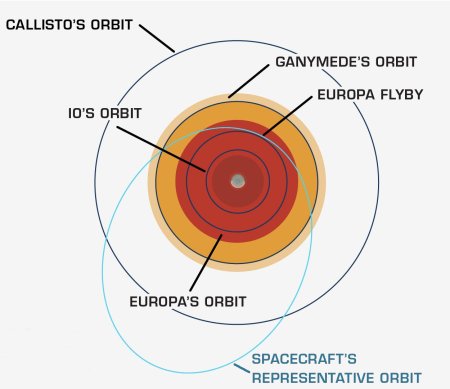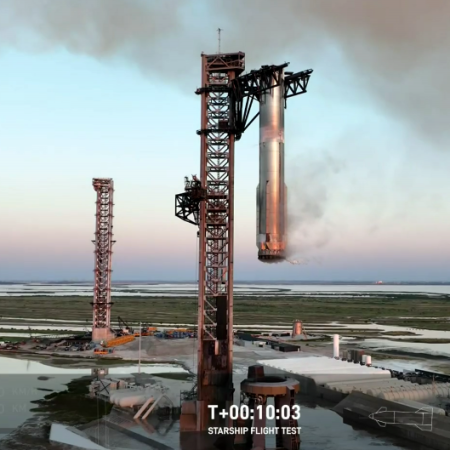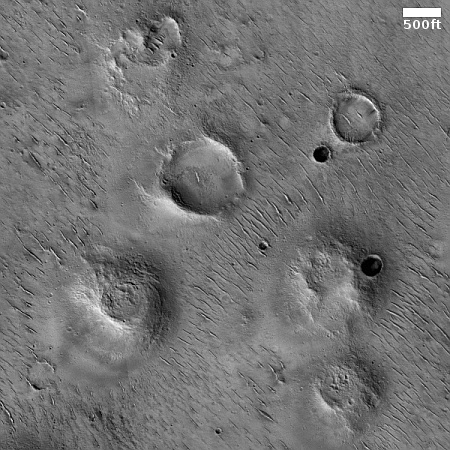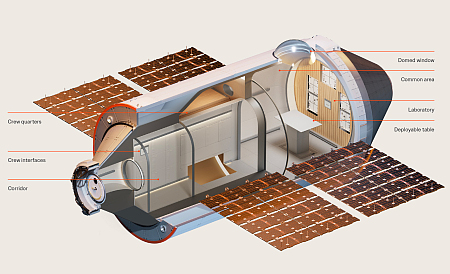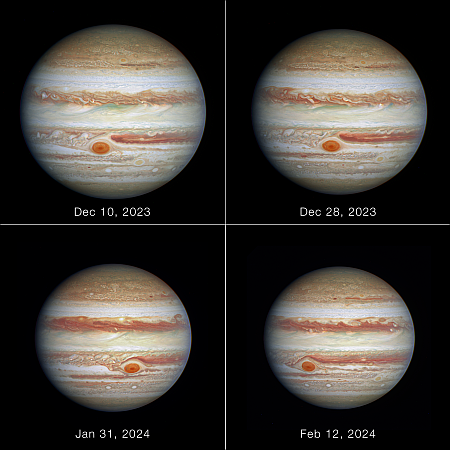Vast unveils its proposed full space station concept

Haven-2 station once completed
After revealing the layout planned for its first single module space station dubbed Haven-1 last week, the startup Vast today unveiled its proposed full space station concept, dubbed Haven-2.
The graphic to the right is a screen capture from the video describing the step-by-step assembly of this larger station. Initially it will be comprised of four modules, linked together in a straight line. This confirguration is aimed at winning a space station contract from NASA when it announces the winners in the second phase of its commercial space station program in mid-2026. If picked, Vast then intends in the expand that four-module station to the eight modules illustrated in the graphic.
Between 2030 and 2032, Vast will add a larger 7m diameter core module and four more Haven-2 modules, fully realizing the next-generation commercial space station capable of meeting the needs of international partners, NASA, commercial researchers & manufacturers, and private astronauts.
Key features of the completed station include an unprecedented 3.8m diameter cupola window, external payload hosting capabilities, a robotic arm, visiting vehicle berthing capabilities, external payload airlock, and an extravehicular activity (EVA) airlock to support customers’ needs. Each module will also feature two Haven-1-like 1.1m dome windows, totaling 16 windows by 2032.
Vast’s design is projected to surpass all other proposed on-orbit space stations in terms of volume, functionality, and operational efficiency.
Vast’s overall plan is quite ambitious, but well thought out. If all goes as planned, just as NASA is about to decide on the winners in phase 2 of its space station program, Vast plans to launch in 2026 its Haven-1 station and immediately fly a manned 30-day mission to it, using SpaceX rockets and Dragon capsules. If successful, that private mission will do wonders in convincing NASA to pick Vast.

Haven-2 station once completed
After revealing the layout planned for its first single module space station dubbed Haven-1 last week, the startup Vast today unveiled its proposed full space station concept, dubbed Haven-2.
The graphic to the right is a screen capture from the video describing the step-by-step assembly of this larger station. Initially it will be comprised of four modules, linked together in a straight line. This confirguration is aimed at winning a space station contract from NASA when it announces the winners in the second phase of its commercial space station program in mid-2026. If picked, Vast then intends in the expand that four-module station to the eight modules illustrated in the graphic.
Between 2030 and 2032, Vast will add a larger 7m diameter core module and four more Haven-2 modules, fully realizing the next-generation commercial space station capable of meeting the needs of international partners, NASA, commercial researchers & manufacturers, and private astronauts.
Key features of the completed station include an unprecedented 3.8m diameter cupola window, external payload hosting capabilities, a robotic arm, visiting vehicle berthing capabilities, external payload airlock, and an extravehicular activity (EVA) airlock to support customers’ needs. Each module will also feature two Haven-1-like 1.1m dome windows, totaling 16 windows by 2032.
Vast’s design is projected to surpass all other proposed on-orbit space stations in terms of volume, functionality, and operational efficiency.
Vast’s overall plan is quite ambitious, but well thought out. If all goes as planned, just as NASA is about to decide on the winners in phase 2 of its space station program, Vast plans to launch in 2026 its Haven-1 station and immediately fly a manned 30-day mission to it, using SpaceX rockets and Dragon capsules. If successful, that private mission will do wonders in convincing NASA to pick Vast.

